What Is Django? The Python Web Framework for Fast & Secure Development

Introduction: Why Django?
If you’re a developer working with Python and looking to build robust, scalable, and secure web applications, Django is a name you’ve probably heard of. Django is one of the most popular and mature Python web frameworks. It’s widely used by developers and companies around the world to build anything from simple websites to complex enterprise platforms.
In this blog post, we’ll explore what Django is, how it works, and why it’s an excellent choice for modern web development.
What Is Django?
Django is a high-level, open-source web framework written in Python. It was designed to help developers build applications quickly and with clean, pragmatic code. Released in 2005, Django is based on the Model–Template–View (MTV) architecture, which is similar to the more familiar MVC pattern.
Django encourages rapid development and a “don’t repeat yourself” (DRY) approach to coding.
Key Features of Django
Django comes with many built-in tools that reduce the need for third-party libraries and help speed up development. These include a built-in admin interface, an object-relational mapper (ORM), powerful URL routing, form handling, and built-in security features. It also has a modular app structure that makes it easy to organize code and reuse components across projects.
Django is also known for its excellent documentation and large developer community, which makes it easier to find support and resources.
Why Use Django for Web Development?
One of the biggest advantages of Django is how quickly you can go from concept to launch. It handles much of the hassle of web development out of the box, allowing developers to focus on building features instead of writing repetitive code.
Security is another major reason to choose Django. It comes with protection against common security issues like cross-site scripting (XSS), cross-site request forgery (CSRF), and SQL injection. You don’t have to manually write security rules—Django handles most of it for you.
Django is also highly scalable. Some of the largest and most complex websites use Django to serve millions of users. Because it’s written in Python, Django is also a great choice for teams that work with data science, machine learning, and AI.
Another important feature is Django’s built-in admin interface. With minimal setup, you get a fully functional backend dashboard that lets you manage content and users without building it from scratch.
Django REST Framework for API Development
If you’re building APIs, Django REST Framework (DRF) is the perfect companion. It allows developers to create powerful RESTful APIs quickly and easily. Features like serialization, authentication, and permissions are included out of the box. DRF is ideal for projects that need to connect to mobile apps, single-page frontends, or other backend services.
Where Django Is Used
Django is used in a wide range of industries and applications. It powers content management systems, booking platforms, e-commerce sites, healthcare apps, dashboards, and internal tools. Its flexibility and strong foundation make it suitable for both startups and enterprise-level systems.
Companies like Instagram, Pinterest, Mozilla, Disqus, and National Geographic use Django in production. These companies rely on Django because it offers speed, security, and scalability at a professional level.
Developer-Friendly and Ready for the Future
Django supports modern development workflows. It works well with version control systems like Git, and it integrates easily into continuous integration (CI/CD) pipelines. It can be containerized with Docker and deployed on cloud platforms like AWS, Heroku, and Google Cloud.
Django is open source, actively maintained, and offers long-term support (LTS) releases. Its community contributes to a rich ecosystem of plugins and reusable apps.
Conclusion
If you’re looking to develop web applications using Python, Django is one of the best frameworks you can choose. It provides a strong structure, built-in tools, and a secure foundation for building everything from simple blogs to advanced enterprise systems.
Whether you’re just starting out or working on complex platforms, Django helps you build faster, safer, and smarter.
